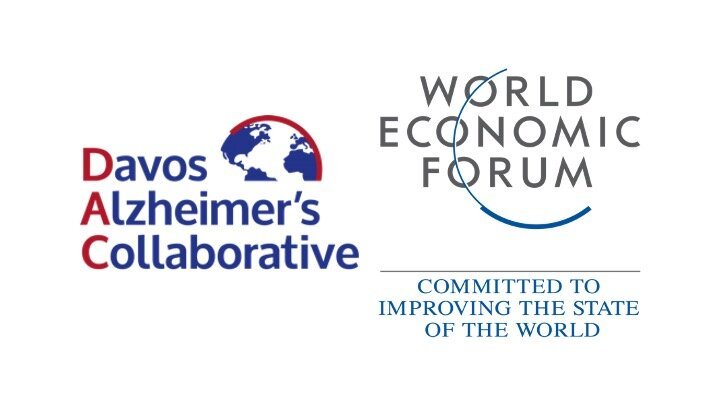DAVOS ALZHEIMER’S COLLABORATIVE TO SHOWCASE GROUNDBREAKING PROGRESS IN HEALTHCARE SYSTEM INNOVATION AND INCLUSIVE GLOBAL RESEARCH AT AAIC 2025
Teams Expand Research Across Africa; Advance Early Detection and Accurate Diagnosis, and Build Healthcare System Capacity
FOR IMMEDIATE RELEASE
CONTACT: Susan Oliver +17032164078
TORONTO (July 27, 2025) – The Davos Alzheimer’s Collaborative (DAC), a worldwide initiative to prevent Alzheimer’s and improve brain health, will present significant new research and implementation outcomes at the 2025 Alzheimer’s Association International Conference (AAIC) in Toronto, Canada. These include data from multi-site healthcare system implementation projects and the expansion of DAC’s research footprint across five continents.
“We are on a path to the prevention of Alzheimer’s,” said Davos Alzheimer’s Collaborative Founding Chairman George Vradenburg. “Evidence is emerging that many Alzheimer’s cases can be delayed and even prevented, through risk-reducing action across the lifespan. The Davos Alzheimer’s Collaborative is helping translate that science into real-world impact by building the capacity of researchers, industry and health systems around the world to deliver early detection, diagnosis and treatment — accurately and equitably. The work we’re showcasing at AAIC is part of a broader shift: from isolated breakthroughs to scalable solutions.”
DAC-affiliated researchers and partners will present more than 30 posters and sessions during AAIC.
HEALTHCARE SYSTEM PREPAREDNESS
DAC’s Healthcare System Preparedness Program now includes 70+ program sites across 19 countries in 5 continents. At AAIC, DAC will spotlight emerging learnings and insights from its Accurate Diagnosis, Brain Health Navigator, and U.S. Early Detection Fellowship programs, showing how healthcare systems are translating research into sustainable clinical pathways using blood biomarkers, digital tools, and team-based models.
- Accurate Diagnosis sites in the U.S. (University of Kansas Medical Center), Germany (LMU Munich), and the Netherlands (Amsterdam UMC) will share real-world results from integrating blood-based biomarkers, cognitive screening, and decision support into memory clinics, primary care, and community-based models.
- U.S. Early Detection Fellowship sites in New York (NYC Health + Hospitals), New Jersey (Virtua Health), Pennsylvania (University of Pennsylvania Perelman School of Medicine), Indiana (Family Health Centers of Southern Indiana), and nationwide (CommonSpirit Health) are showing how DAC’s Early Detection Blueprint can catalyze large-scale adoption of cognitive screening and patient outreach—especially in underserved areas.
- DAC’s Brain Health Navigator pilot sites in Kentucky (Norton Neuroscience Institute), Ohio (University of Cincinnati Health), New Hampshire (Dartmouth Health), Michigan (Memorial Healthcare Institute for Neuroscience), and California (Sharp Reese-Stealy Medical Group and Keck Medicine of University of Southern California) are pioneering new clinical strategies to streamline the diagnostic journey, reduce time to treatment, and improve patient experience.
- In a July 29 featured Perspectives Session (Session #3-31-PER-B), DAC Advisor, Phyllis Barkman Ferrell, DrPH, MBA will join other thought leaders in the field to reflect on 25-years of Alzheimer’s disease research and progress.
- A July 30 Eisai Corporate Sponsored Symposium highlighting the DAC-SP Brain Health Navigator Program, “Brain Health Navigator: Ensuring Efficient and Effective Alzheimer’s Disease Diagnostic and Clinical Care Pathways,” will feature learnings from five leading U.S. healthcare system experts.
GLOBAL RESEARCH – WITH LANDMARK PROGRESS IN AFRICA
DAC’s Global Cohorts Program is comprised of 7 cohorts with over 40,000 participants on five continents. At AAIC, DAC will spotlight a major body of work from Kenya and Egypt.
Posters include:
- The AD-Detect Kenya Project, a leading-edge effort to build predictive risk models in multilingual, community-based settings.
- Extensive research in Kenya, Egypt, Chile, Malaysia and India on digital speech and acoustic biomarkers, gender and poverty disparities, and public understanding of dementia.
- A multi-site South Korean push to identify and validate blood-based biomarkers for early dementia.
- Collaboration with the Egyptian Dementia Network on digital tool adaptation, biomarker registry creation, and environmental exposures (“neuroexposome”).
Featured research sessions will explore how to harmonize digital cognitive tools across cultures, while preserving local languages, customs, and realities of care delivery in LMICs.
DAC Global Cohorts will also hold a side event showcasing the progress and impact of the Global Cohorts Program, with a focus on learnings from community engagement, recruitment challenges, blood biomarker findings, digital cognitive assessments, and exposome research. DAC Global Cohorts Scholars from Egypt, Chile, and the Caribbean will present their work.
ABOUT THE DAVOS ALZHEIMER’S COLLABORATIVE
The Davos Alzheimer's Collaborative (DAC) is a pioneering worldwide initiative to prevent Alzheimer’s disease, seeking to mirror the success of global efforts against infectious diseases. DAC is extending global research beyond its current focus on traditional Western European ethnic populations into the highly diversified populations of the Global South, where the vast majority of those with Alzheimer’s live. By introducing lower-cost screening and diagnostic tools as well as new treatment and prevention modalities in primary care and community health settings, DAC is driving implementation of health system solutions that are appropriate for worldwide application. DAC also promotes the vital importance of brain health throughout the lifespan by addressing cardiometabolic and lifestyle factors, especially in early and mid-life. Absent effective action at scale around the world, by 2050, more than 150 million families and half a billion people will be personally impacted by dementia, creating a social, financial, economic, and global security disaster of historic proportions. DAC was launched in Davos in 2021 by the World Economic Forum and the Global CEO Initiative on Alzheimer's Disease. For more information, please visit: davosalzheimerscollaborative.org.
Perspectives Session Information:
Title: An Overview of the Consortia, non-profit groups and other organizations in the Alzheimer’s advocacy space over the past quarter century, part of session “Looking Backward and Looking Forward – A reflection on 25 years of Alzheimer’s Disease Research with Lessons for Future Progress”
Date, Time & Location: July 29, 2025 | 4:15-5:45 PM | Room 718, Metro Toronto Convention Centre
Presenter: Phyllis Barkman Ferrell, Davos Alzheimer’s Collaborative
Eisai Corporate Sponsored Brain Health Navigator Symposium:
Title: Brain Health Navigator (BHN): Ensuring Efficient and Effective Alzheimer’s Disease Diagnostic and Clinical Care Pathways
Date, Time & Location: July 30, 2025 | 6:00 – 7:30 PM | The Westin Harbour Castle, Harbour Ballroom
Session Moderators & Speakers:
- Karen Blackmon, Dartmouth Health
- Soo Borson, Keck Medicine of University of Southern California
- Greg Cooper, Norton Healthcare
- Phyllis Barkman Ferrell, Davos Alzheimer’s Collaborative (Moderator)
- Cara Leahy, Memorial Healthcare
- Rhonna Shatz, University of Cincinnati
- Donna Wilcock, Indiana University School of Medicine (Moderator)







